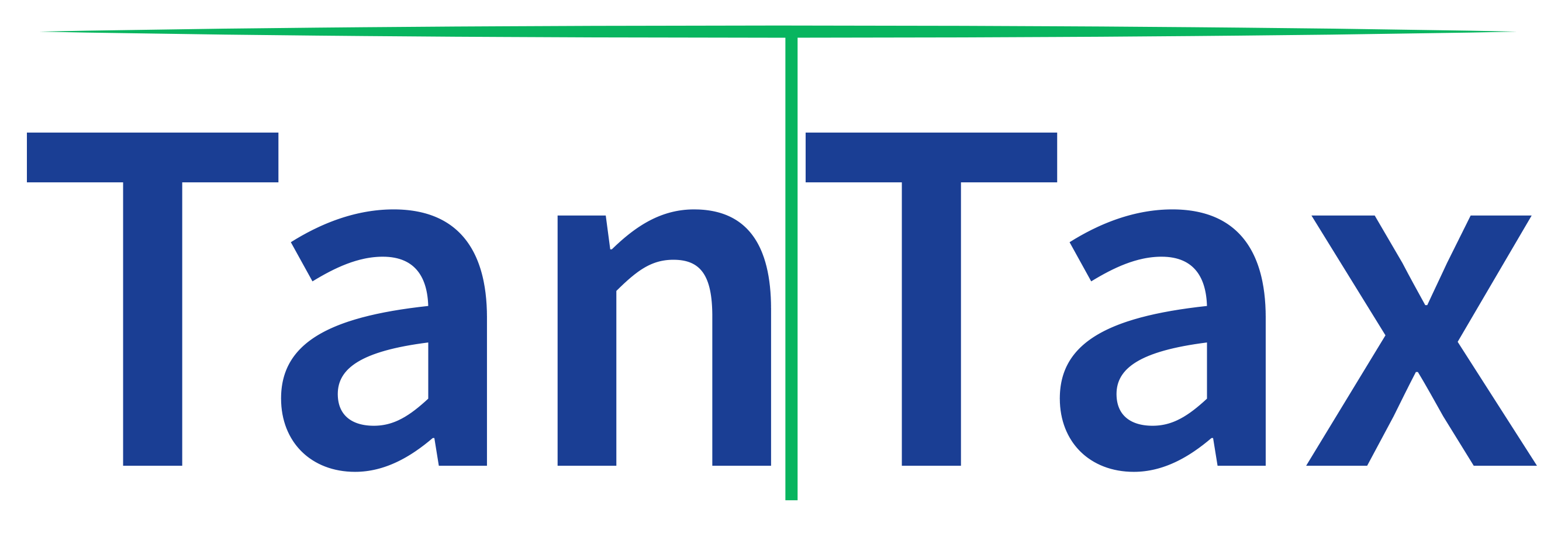Documentation Management
Perfect documents related to import-export. Legal drafts.
We assist your clients with the preparation and management of all necessary import documents, including invoices, packing lists, certificates of origin, import permits, and other customs-related paperwork. Accurate and timely documentation is essential to expedite the customs clearance process.

This involving the organization, handling, and maintenance of various documents related to the movement of goods and cargo. Proper documentation management ensures that all necessary paperwork is accurate, complete, and readily available for regulatory compliance, customs clearance, and the smooth execution of shipments
Here are some of what we consider in documentation management to our clients
Document Types: We dentify and manage various types of documents involved in the logistics process, such as commercial invoices, packing lists, bills of lading, certificates of origin, export and import permits, customs declarations, insurance certificates, and any other specific documents required for particular shipments.
Data Accuracy: We ensure that all information in the documents is accurate and consistent. Errors or discrepancies in documentation can lead to delays, penalties, or customs issues.
Regulatory Compliance: We stay informed about relevant international and Tanzania regulations, trade agreements, and export/import restrictions to ensure compliance with legal requirements.
Standardization: We implement standardized document templates and formats to maintain consistency and facilitate efficient processing. Consistent formats also help avoid confusion or misunderstandings between various parties involved in the logistics chain.
Digitalization: Embrace digital document management systems to streamline processes, reduce paperwork, and enhance accessibility. Digitalization enables quick retrieval, sharing, and storage of documents while reducing the risk of physical document loss.
Security and Privacy: Maintain strict security measures to protect sensitive information in the documents. In the digital realm, employ secure file-sharing platforms and ensure that only authorized personnel have access to sensitive data.
Version Control: Keep track of document versions to avoid confusion and errors resulting from outdated information. Clearly label and archive revised versions for reference.
Document Retention: Adhere to the required document retention periods specified by law or company policy. Retaining documents for the appropriate duration ensures they are available for audits, inquiries, or historical reference.
Collaboration and Communication: Facilitate effective communication and collaboration among team members, clients, customs brokers, and other stakeholders to ensure everyone is aware of the required documents and their status.
Training and Education: Train your team members on proper documentation procedures, regulatory updates, and the importance of accurate record-keeping. Well-trained staff will reduce the risk of errors and improve efficiency.
Audit and Quality Control: Regularly conduct internal audits and quality control checks to review documentation processes and identify areas for improvement.
